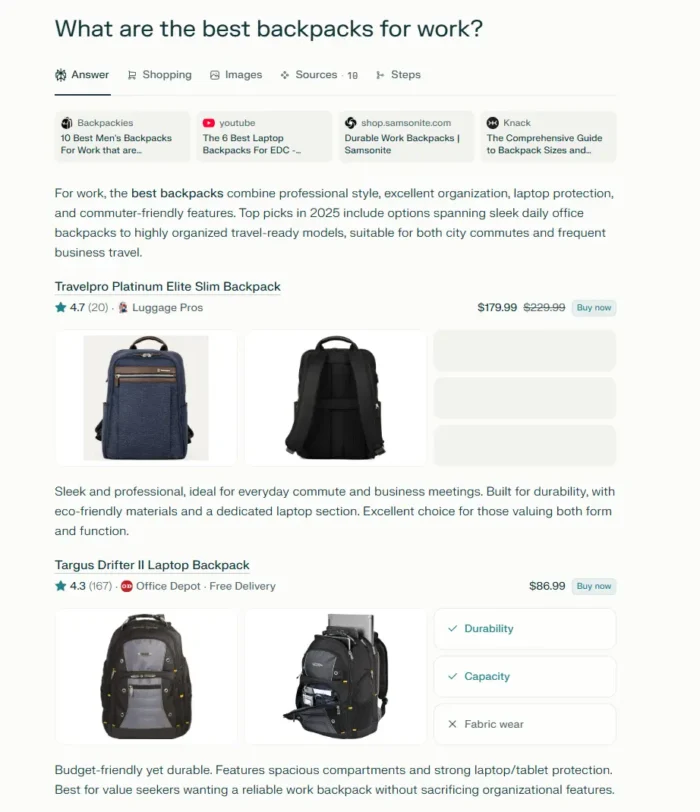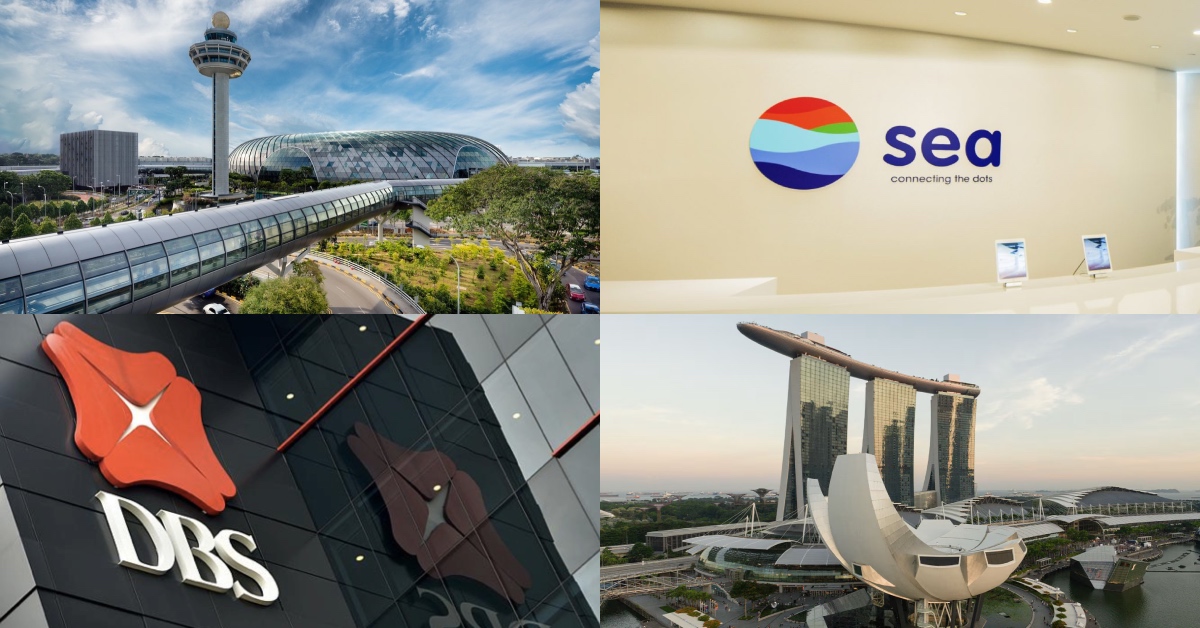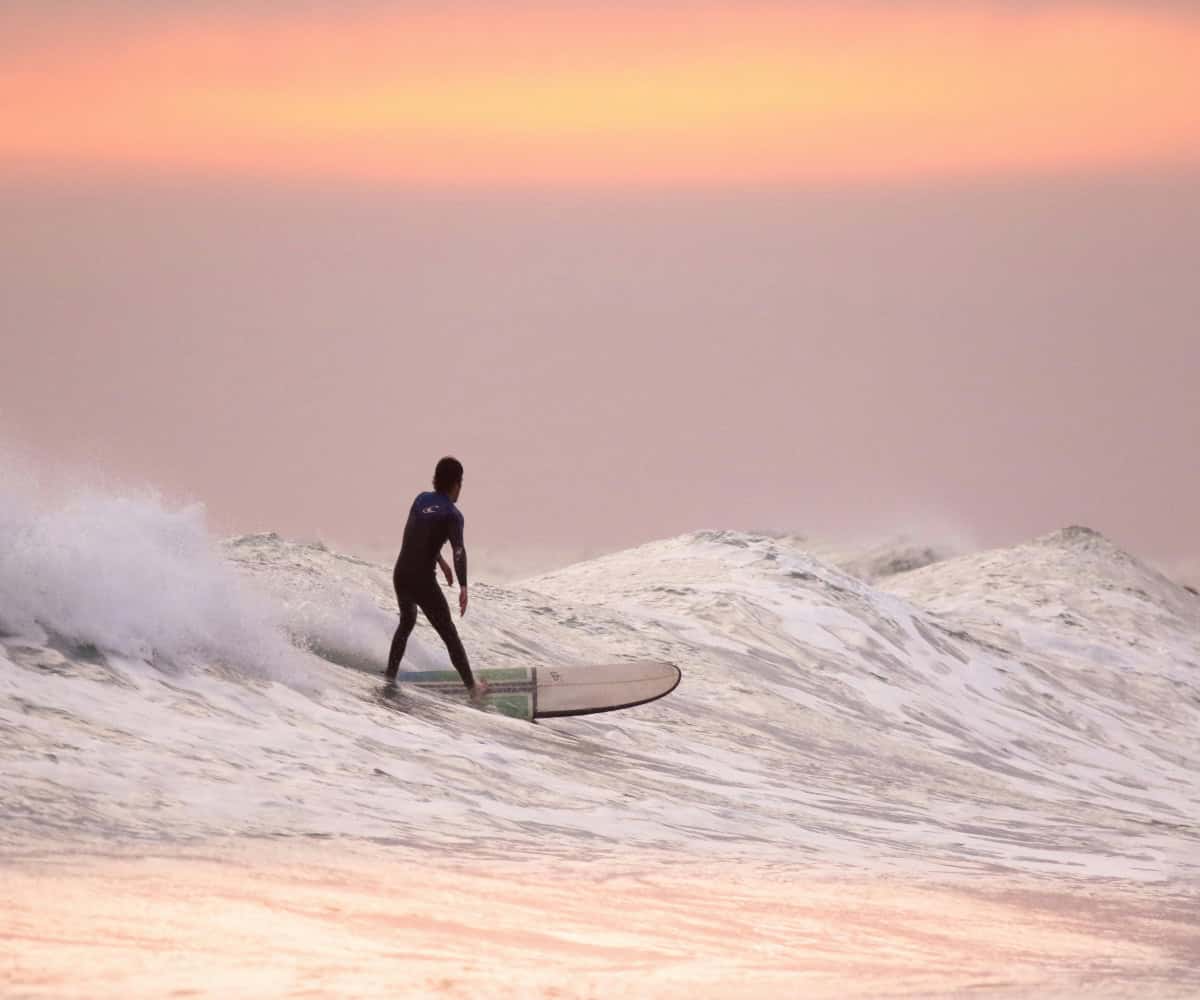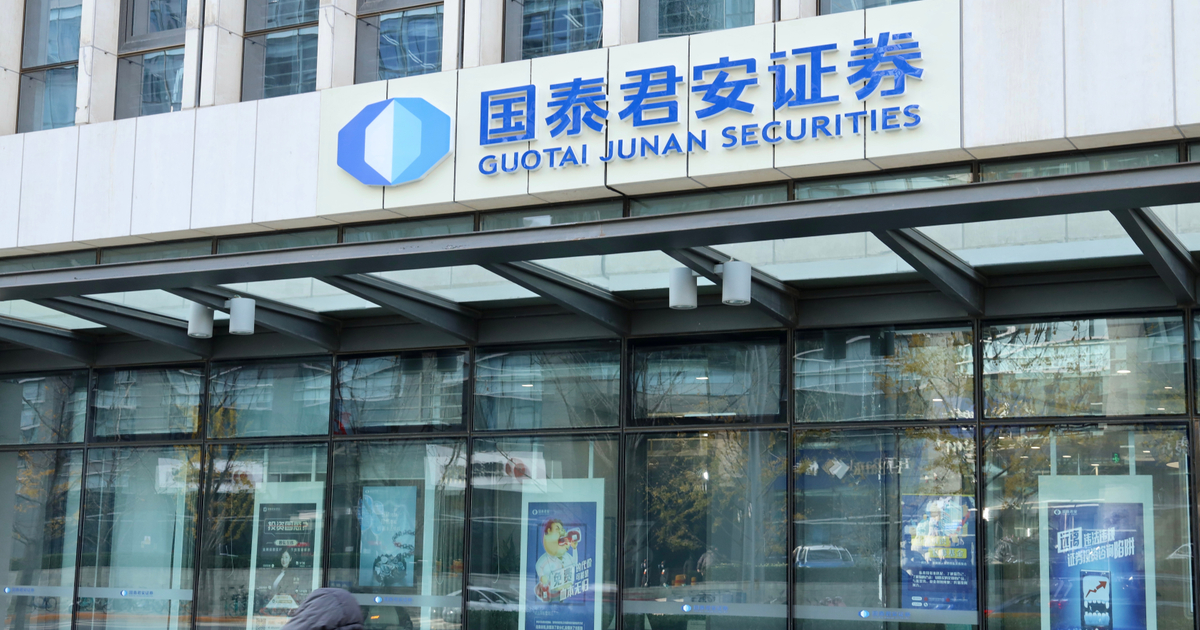Hollywood urged to recognize disabled people in new campaign
Billboards created by an all-disabled creative team wants Hollywood to make a change.

As Hollywood grapples with putting people on screen that reflect the diversity of audiences, it appears to have made a major oversight. The largest minority group in America is the disabled community, but only 1% of talent in the film and TV industries is, according to research from the Inevitable Foundation. That’s why the non-profit, whose mission is to close the disability representation gap, has posted OOH ads across major cities to call out the discrepancy.
Addressed to Hollywood and the entertainment industry, the letter-like ads feature variations of the phrase, “There is no diversity, equity and inclusion without disability,” on colorful gradient backgrounds. They appear on billboards and electronic posters in major industry cities, including The Grove in Los Angeles and New York’s Times Square, as well as in entertainment trades like The Hollywood Reporter and Variety. Plus, the campaign features audio versions to optimize its accessibility.
“We kept having meetings with DE&I folks where we’d bring up disability as a form of representation in entertainment and we'd get the answer, ‘Oh, we're actually really busy with race and gender right now,’” said Saga Darnell, Inevitable Foundation’s communications and outreach manager. “Disabled people all have races and genders…so we really wanted to, in this campaign, highlight disability as an aspect of diversity and also the huge diversity within the disability community.”
Darnell also served as one of the campaign’s all-disabled creative team, which the campaign believes to be the first of its kind. Darnell said that working with a group of people with a variety of disabilities powered their creativity “because we've all had to create these hacks, like crazy, backdoor solutions to everyday problems, because the world isn’t accessible.”
“Creating a creative campaign with an all-disabled team meant that we were thinking of things that I think if you had a room full of non-disabled people, they wouldn't be coming up,” Darnell said. “And I think that's part of what I would love for the industry to know and for the world at large to know—disabled people are not a burden, they’re an asset. We bring solutions to the table that non-disabled people would never think of because they don’t have to.”
The campaign has drawn $1 million in donated media from companies such as JCDecaux, Simon Property Group and Tiffany & Co. Richie Siegel, co-founder of Inevitable Foundation, said the team sent cold emails to companies just to see how far they could get, and that “it was telling that a lot of media owners got on board and we did reach out to a lot of media-buying agencies and they were a little bit less enthusiastic.”
Siegel added that the campaign isn’t just a call to action for Hollywood, but should be taken as a message to all industries. “On the advertising side, the reason we had to put this all-disabled creative team together ourselves, which took months to do, was because we couldn't find it,” he said. “There's so much opportunity to really bring disabled people into power and to the forefront because they're such creative thinkers and innovators. They've been really left no choice but to make the world work for them in a way that wasn't designed for them whatsoever in a lot of ways. In the future, we'd love to see more disabled people in power, seeking out these initiatives and creating agencies and so forth. We had to basically build our own agency that we were the client for and I think there's a lot of opportunities there.”
The campaign’s website offers resources for employers and creatives on how to be inclusive of disabled communities. The Inevitable Foundation has also posted research and tools on the costs involved in accommodating accessible spaces, which was recently published in The Hollywood Reporter.

 JimMin
JimMin 































